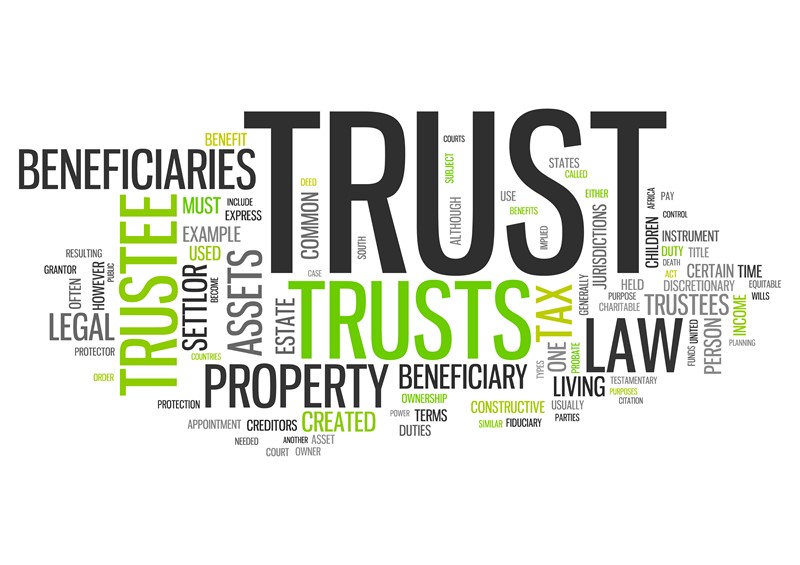The Economic Crime Levy is a levy that applies to businesses that are already regulated for anti-money laundering purposes.
Your business must register if your UK revenue is £10.2 million or more in a financial year and:
- Your business is already regulated by HMRC for anti-money laundering purposes.
- Your business is regulated by a professional body for anti-money laundering purposes.
The financial year runs from 1 April to 31 March of the following year. Not all entities have to register and submit a return – it depends on the identity of their collection authority.
Businesses only need to register for the Economic Crime Levy once but are required to submit a return and pay the levy on an annual basis.
The amount businesses need to pay depends on their UK revenue for the financial year.
There are four size bands:
- small entities (less than £10.2 million in UK revenue);
- medium entities (between £10.2 million and £36 million in UK revenue);
- large entities (between £36 million and £1 billion in UK revenue); and
- very large entities (over £1 billion in UK revenue).
Small entities do not need to pay the levy, however:
- medium entities must pay £10,000;
- large entities must pay £36,000; and
- very large entities must pay £500,000 from April 2024. The levy was previously £250,000 but was increased as part of the recent Spring Budget measures. As is currently the case, payments for 2024-25 will be due in the following financial year. No other changes to the levy were announced.
The amount due for the levy may be reduced if businesses carry out regulated activities for only part of the financial year.












